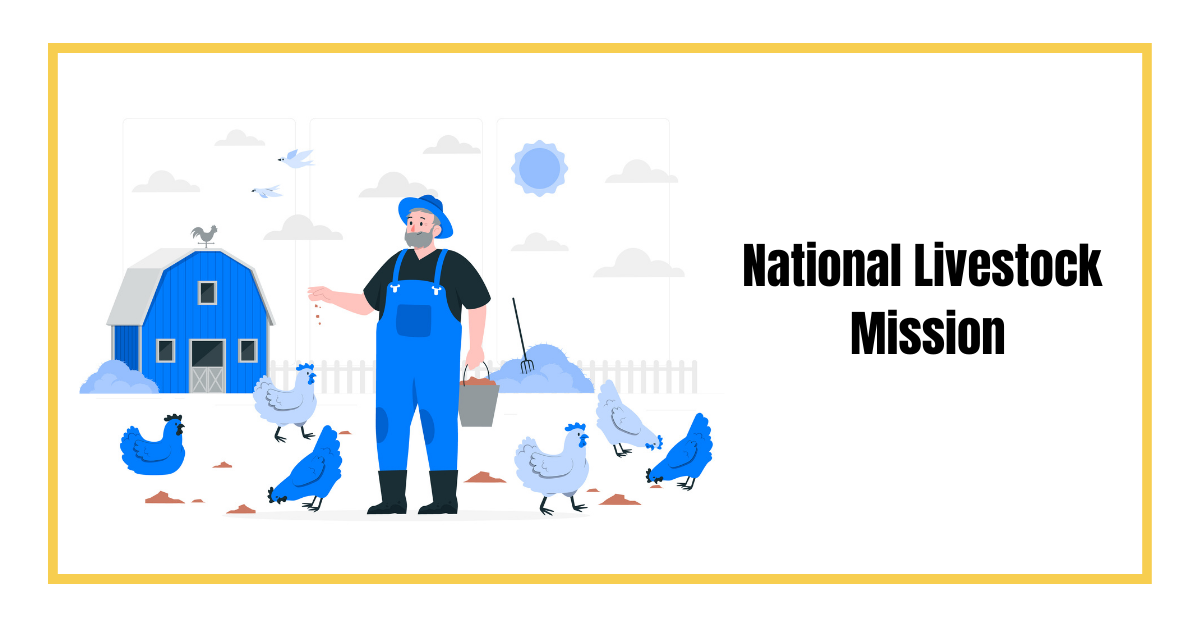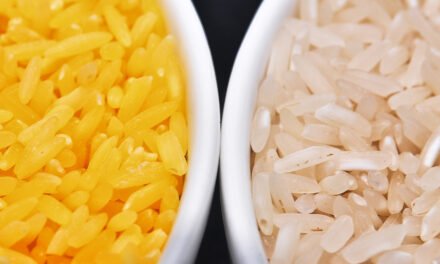The Government of India has launched the National Livestock Mission (NLM) with the aim of boosting livestock productivity, ensuring sustainable development of the livestock sector, and improving the livelihoods of farmers and rural communities. This mission plays a pivotal role in strengthening the livestock industry, which is a crucial pillar of the Indian agricultural economy, contributing significantly to GDP, food security, and rural employment. The program is designed to address challenges like low productivity, poor animal health infrastructure, and the need for modernization in livestock management practices.
The National Livestock Mission focuses on four key components: Breed Development, Feed and Fodder Development, Livestock Health, and Entrepreneurship Development. To enhance productivity, the government is prioritizing the genetic upgradation of livestock by promoting superior breeds of cattle, buffalo, sheep, goats, poultry, and pigs through modern breeding technologies, artificial insemination, and embryo transfer techniques. This ensures better yields in terms of milk, meat, and eggs, thereby increasing farmer incomes.
To address the availability of quality feed and fodder, a significant challenge in livestock management, the mission promotes the development of high-yielding fodder varieties, the establishment of fodder banks, and incentives for the cultivation of green fodder crops. Additionally, support is being provided for the production of balanced, nutrient-rich feed to ensure the overall health and productivity of animals.
Another key focus area of the mission is livestock health and disease management, with efforts to improve veterinary infrastructure, vaccination programs, and disease prevention strategies. The government is establishing mobile veterinary units and disease diagnostic centers to enhance access to healthcare, particularly in remote and rural areas, safeguarding livestock health and reducing mortality.
To boost entrepreneurship and employment, the National Livestock Mission encourages small farmers, startups, and self-help groups to venture into livestock-related businesses like dairy farming, poultry farming, piggery, and goat rearing. Financial incentives, subsidies, and access to credit are provided to support the establishment of livestock units, processing facilities, and value-added product ventures.
The mission also aligns with the broader goals of sustainable agriculture and rural empowerment, promoting eco-friendly practices such as biogas production, waste-to-energy systems, and integrated farming models that combine livestock and crop production. By ensuring higher productivity, better incomes, and improved animal health, the National Livestock Mission is expected to significantly contribute to food security, poverty alleviation, and the economic prosperity of rural India. With its holistic approach, this mission positions the livestock sector as a driver of growth and development in the agricultural economy.









